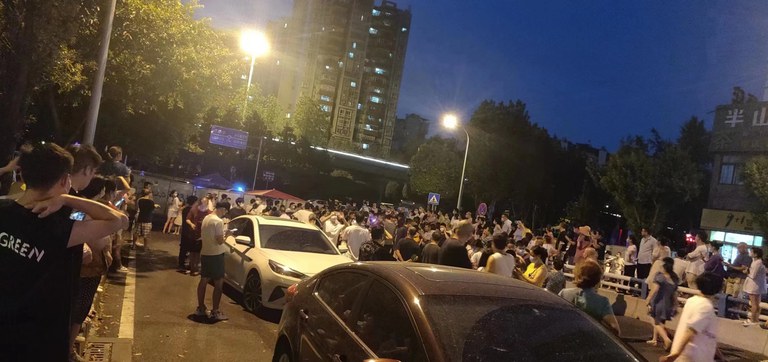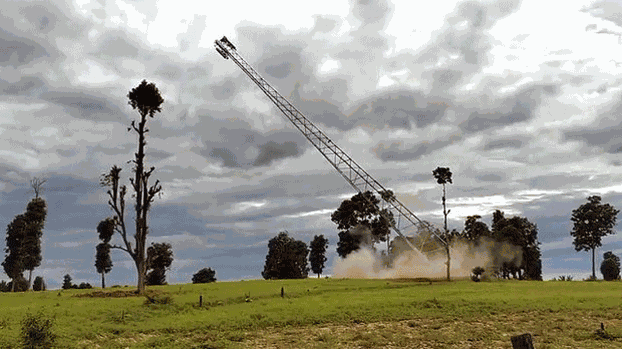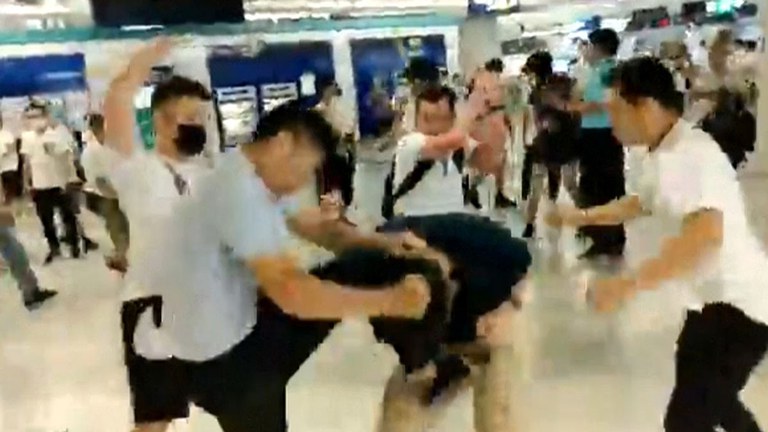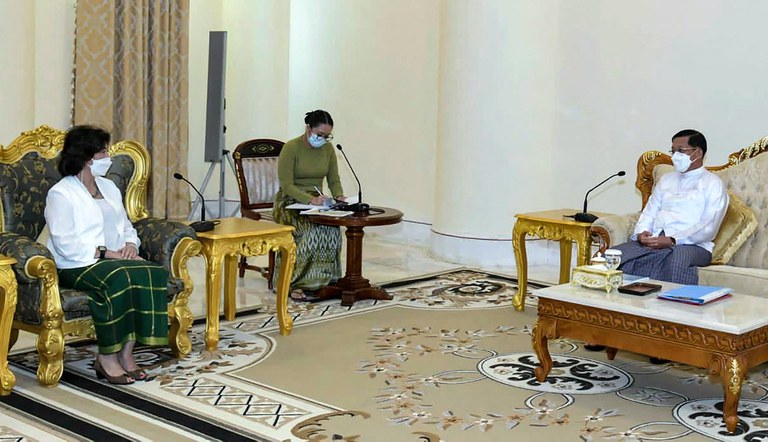Myanmar junta forces said to have burned tens of thousands of homes
Myanmar’s military junta has burned nearly 30,000 homes across the country during the past 19 months following the coup that overthrew the elected government, according to data compiled by a domestic research group. In a report issued on Aug. 28, Data for Myanmar said soldiers had torched 28,434 houses since the ouster of the democratically elected government on Feb. 1, 2021, with 20,153 homes destroyed in Sagaing region alone. The Magway region has the second-largest number of destroyed houses at 5,418, followed by Chin state with 1,474 burned homes. Sagaing, Magway and Chin are hotbeds of civilian resistance to military rule by armed opposition People’s Defense Forces (PDF). Junta soldiers burned other homes and property in Kachin, Kayah and Mon regions, southern Shan state, and in Bago, Tanintharyi and Mandalay regions. U Aye, a resident of Magway’s Nga Ta Yaw village, told RFA that the military along with supporting Pyu Saw Htee militia groups, set fire to his village at least twice this month and that he suffered a personal loss of more than 100,000 kyats (U.S. $47) because his house, tractor, trailer and cow shed were damaged. “There are charity organizations helping us right now,” he said. “We are staying in the monastery. “We only have some food provided by the charity groups that come to the monastery,” he said. “We do not have any food or a place to live. That’s what is happening. We have a cow, and there’s no more food to feed him.” Soldiers burned Nga Ta Yaw village in Yesagyo township on Aug. 13-14, destroying about 830 houses, leaving only monasteries, a school and a dispensary standing, U Aye said. The arson followed a clash between the military and the local PDF outside the community. Similarly, Pan Ywar Village in Sagaing’s Pale township was set ablaze on Feb. 1, even though there were no armed clashes in the area. A village resident, who did not want to be named for security reasons, said the villagers now live in small huts where there used to be more than 150 large houses. “Let’s say we have now rebuilt the village, but we have these little huts with roofs made from palm leaves in place of the big houses,” she told RFA. “The villagers have returned since the army left. “Our Pan Ywar is on the crossroads between Myaing and Pale townships, so military columns come by often,” she added. Zaw Zaw, who is helping villagers displaced by armed conflict and arson in Sagaing region, told RFA that the parallel National Unity Government (NUG) has sent some assistance to area residents. Aid workers have collected bamboo and wood from a nearby forested area as an emergency measure for residents of Pale who lost their homes, while the NUG’s Humanitarian Affairs Ministry sent donations and emergency funds. In some areas of Sagaing, people who lost their homes to the arson have been living in forested areas since February. ‘War crime’ A legal analyst, who did not want to be named for security reasons, said the junta must try to minimize the harm to the rural population no matter how much it wants to suppress the armed resistance and that the burning of entire villages is a war crime. “They could have surrounded the entire village and blockaded each section and then searched the houses in each quarter or ward,” he said. “There’s no reason to shoot,” the attorney said. “There’s no reason for people to die. There’s no reason to destroy the lives of citizens. There are such options for them, and yet, they did all this just on account of suspicion, without having any factual information. By doing all this, we can say that they have committed a war crime.” Junta forces do not adhere to international law or the ethics of war, which clearly state that civilian property must not be encroached upon and that civilian targets should not be attacked, he said. Junta spokesman Maj. Gen. Zaw Min Tun previously told RFA that it was not the military troops but the PDFs that were burning down villages. Noeleen Heyzer, the U.N.’s special envoy on Myanmar, told Snr. Gen. Min Aung Hlaing on Aug. 16 during a visit to the Southeast Asian nation to not burn down villages. The junta leader denied that his troops committed arson and said they were trying to protect civilians. Aung Myo Min, the NUG’s human rights minister, said that efforts must be made to prosecute soldiers who commit crimes against villagers. “We must not only investigate these crimes that are currently happening in the villages, but also take action against those who are burning tens of thousands of houses,” he said. “What we are seeing now are broken lives. We have a legal duty to prevent such things happening.” The NUG is documenting arson and other incidents committed by the military all over the country so that the perpetrators can be punished under the law, while remedial programs are carried out for those who have lost their homes, he said. Translated by Khin Maung Nyane for RFA Burmese. Written in English by Roseanne Gerin.








